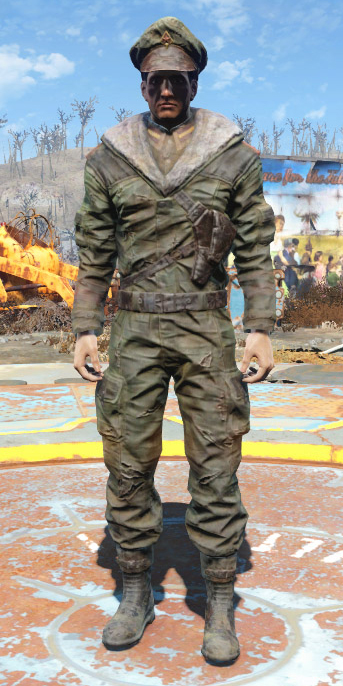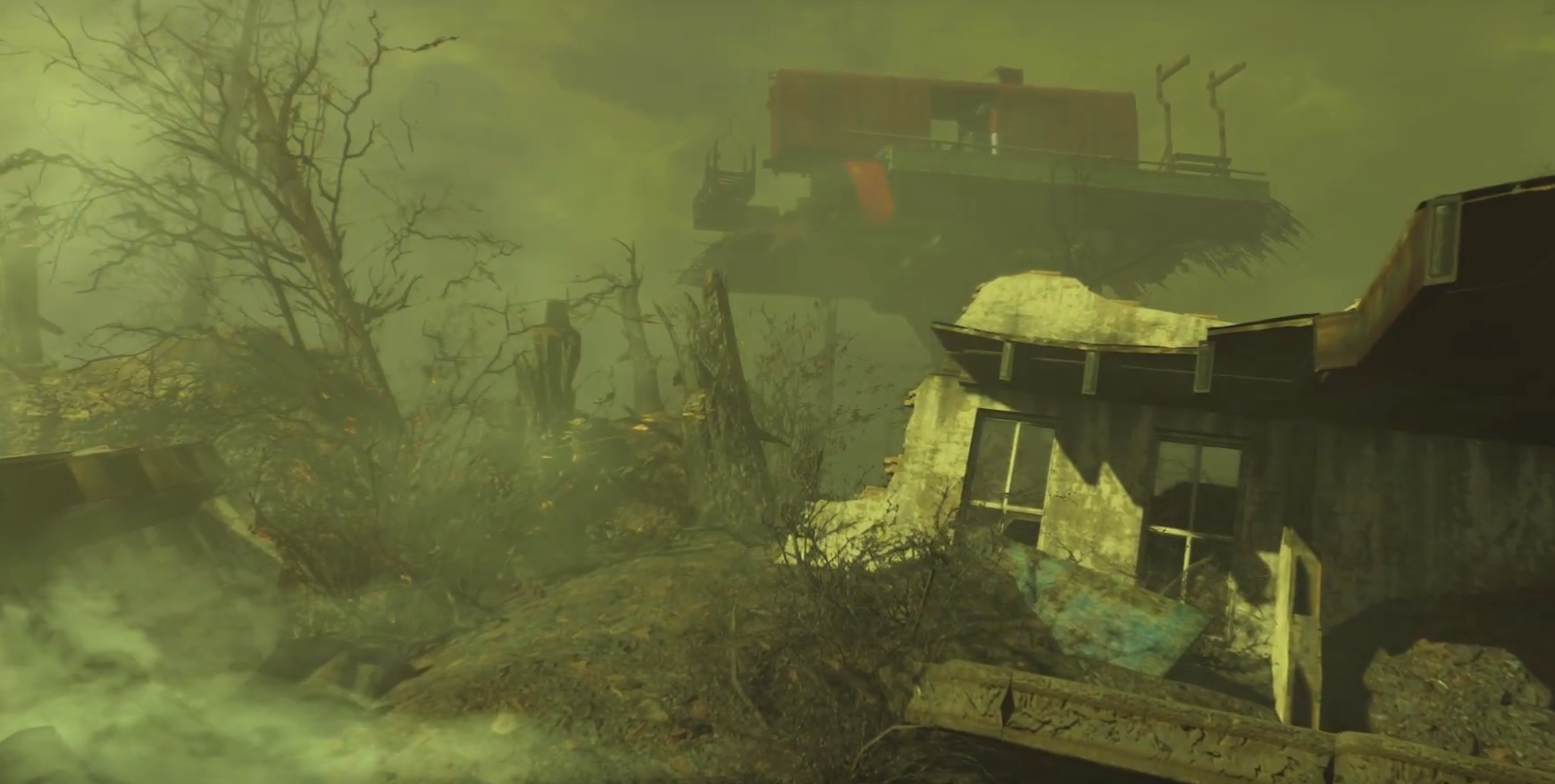
Pushed up against a wall, Chairman Cheng decided on an ambitious and extremely dangerous plan: Invasion of Alaska and seizure of its natural resources by force. Although China was able to tap a large deep-sea deposit of oil below the Pacific, it was unable to make use of it due to sabotage. As if to insult the communist state further, the United States government revealed the first cold fusion power cell to the public. and that America would not sell or trade any oil to foreign parties however, the transcript is a generally unreliable source. president declared that the last known supply of petroleum would be used exclusively by the U.S. According to the Sierra Depot GNN transcript, on July 24, the U.S.

Aggressive negotiations resulted in the talks breaking down completely. Trade talks with the United States revealed it to be unwilling to export its own reserves of crude oil. The People's Republic found itself on the border of collapse in the spring of 2066. While successful, the strategy was only a temporary solution to a much larger problem: Dependency on fossil fuels. To stave off collapse on the domestic front, China launched campaigns to annex neighboring countries and provide resources for the starved economy. The Vigilant Citizen's Hotline was even established to allow citizens to report neighbors to the government for any behavior that could be construed as in support of communism. As the situation across the United States worsened, both as a result of the deteriorating economy and the New Plague continuing to wreak havoc despite quarantine measures, the federal government used the increasing national paranoia to try and control the situation, by discouraging assemblies, fueling anti-communist sentiment, and encouraging reporting subversive elements. To counter communist interference, the Third Red Scare was manufactured. Two years later, Chinese operatives would be found across Canada and the United States, running interference and gathering intel that could be used to balance the scales. Alternatives were explored, with limited success. Traffic on the streets worldwide ground to a halt as fuel became too precious to waste on automobiles. In 2060, the Middle East oil fields ran dry, triggering the collapse of the European Commonwealth and the Middle East oil powers.

Heavily reliant on fossil fuels, the People's Republic of China was hit particularly hard. However, hostilities would not escalate until a century later, as the global energy and resource crisis grew more and more severe. The United States never retracted its statement. After the United States claimed that Captain Carl Bell was the first human in space in 1961, both the Soviet Union and China protested the claim.

The space race was one particularly important field of competition in the 20th century. During the 20th and 21st centuries, China and the Soviet Union competed with the United States.


 0 kommentar(er)
0 kommentar(er)
